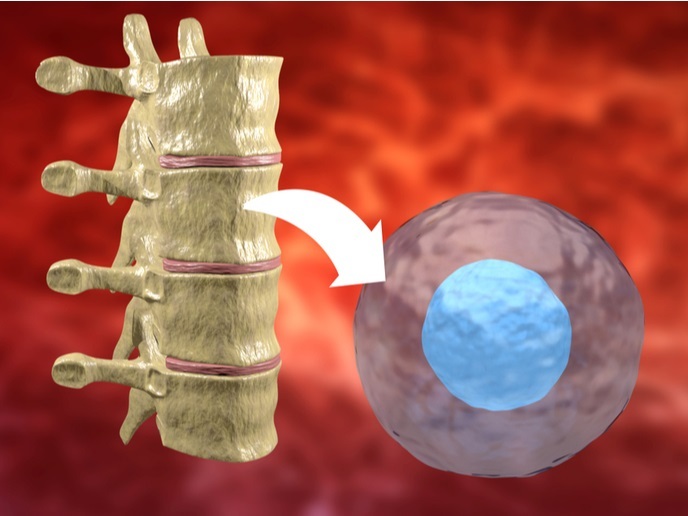The determinants of genomic instability in cancer
Although mutations are a well known feature of cancer, our understanding of how they arise is limited. An overall genomic instability is believed to occur and can lead to a perturbation of tissue homeostasis and an increased cancer risk in ageing tissues. By performing large-scale genomic and proteomic analyses, the EU-funded 'Genomic instability and genomic alterations in pre-cancerous lesions and/or cancer' (GENINCA) consortium aimed to identify the underlying mechanisms of genomic alterations in these types of cancer. The results could lead to diagnostic and therapeutic opportunities that may improve overall clinical management. Among the objectives of GENINCA was to perform a detailed characterisation of cancer stem cells, a rare population of cells within the tumour that is responsible for cancer onset and maintenance. Scientists successfully isolated these cells, and identified their molecular determinants and mechanisms of genomic instability. Of particular interest was the p53 tumour suppressor and its role on stem cell maintenance and telomere dysfunction. The GENINCA study provided the first experimental evidence that dysfunctional telomeres cooperate with the loss of p53 function to induce chromosomal instability in somatic stem cells. Additionally, genomic sequencing experiments at the single-cell level revealed an accumulation of mutations in cancer driver genes. Researchers were also able to identify the stepwise genetic changes that occur during hepatocellular carcinoma tumourigenesis using a mouse model lacking the multi-drug resistance MDR2 gene. The importance of the immune system in preventing tumour development, combined with the paradox that cancer can arise in an inflammatory background, led GENINCA partners to study the molecular mechanisms that drive colitis-associated colon cancer. By comparing gene expression with sporadic colon cancer, they found — among others — differences in the levels of Epiregulin, a member of the EGF family of proteins. Moreover, immune cell characterisation provided a more accurate tumour classification compared to current approaches and was used to identify high-risk patients. Taken together, the molecular imaging tools and the discovery of biomarkers of telomere dysfunction, DNA damage and senescence constitute major advances in cancer diagnosis and stratification. Combined with the improved identification of cancer stem cells, they are expected to pave the way for new, targeted treatment strategies.







